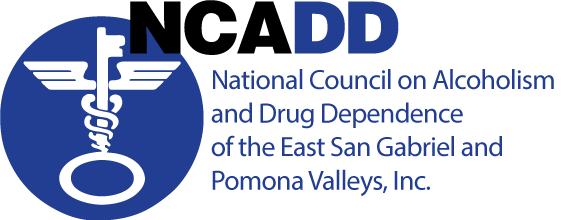NCADD ESGPV Blog
NIH Announces the HEAL Initiative
In April 2018, NIH launched the HEAL (Helping to End Addiction Long-term) Initiative, an aggressive, trans-agency effort to speed scientific solutions to stem the national opioid public health crisis.
This Initiative will build on extensive, well-established NIH research, including basic science of the complex neurological pathways involved in pain and addiction, implementation science to develop and test treatment models, and research to integrate behavioral interventions with Medication-Assisted Treatment (MAT) for opioid use disorder (OUD).
Successes from this research include the development of the nasal form of naloxone, the most commonly used nasal spray for reversing opioid overdose, the development of buprenorphine for the treatment of opioid use disorder, and evidence for the use of nondrug and mind/body techniques such as yoga, tai chi, acupuncture, and mindfulness meditation to help patients control and manage pain.
Over the past year, NIH has worked with experts from public and private organizations to identify the areas that would benefit from focused efforts by NIH alone or in partnerships with outside organizations.
The NIH HEAL Initiative will bolster research across NIH to:
Prevent Addiction through Enhanced Pain ManagementMore than 25 million Americans suffer from daily chronic pain. NIH will support research to understand how chronic pain develops, making patients susceptible to risks associated with opioid use. NIH will work with partners from the biopharmaceutical industry to develop a data sharing collaborative, new biomarkers for pain, and a clinical trials network for testing new pain therapies. NIH will also enhance the pipeline of treatments for pain and enhance clinical practice for pain management. Improve Treatments for Opioid Misuse Disorder and Addiction
More than 2 million Americans have OUD. Millions more misuse opioids, taking opioid medications longer or in higher doses than prescribed. NIH will support research that can prevent and treat opioid misuse and addiction, and that will help people with OUDs achieve and maintain a meaningful and sustained recovery.
When you subscribe to the blog, we will send you an e-mail when there are new updates on the site so you wouldn't miss them.


Comments